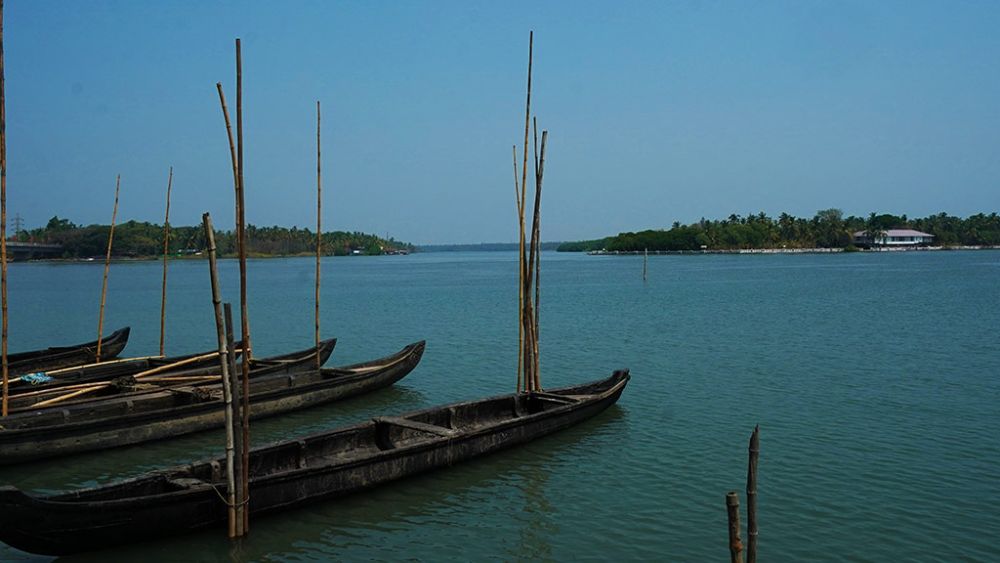

Chettuva Backwater is a hidden gem located in Thrissur district, Kerala, India. Famed for its tranquil waters and lush greenery, it has been a local secret for many years before gaining popularity among travelers seeking peace and authentic backwater experiences. Unlike the more famous backwaters of Alleppey and Kumarakom, Chettuva Backwater has retained a quiet charm, making it an ideal retreat for those looking to escape the bustle of city life.
The history of tourism in Chettuva Backwater is relatively recent when compared to other destinations in Kerala. It was once a predominantly fishing and agricultural region, with the local population relying heavily on these primary sectors for their livelihood. Over time, as the state of Kerala became a prominent tourist destination, the potential of Chettuva as a tourist spot began to be recognized.
The tourism sector in Chettuva started to flourish with the introduction of houseboats, which allowed visitors to experience the backwaters up close. Initially, these were transformed versions of traditional "Kettuvallams"—rice barges that had been used to transport goods across the backwaters. As interest grew, so did investments in improving the tourism infrastructure, including resorts, homestays, and improved connectivity.
The mangrove forests, the Chettuva Fort (built by the Dutch), and nearby historical sites added to the area's appeal, making Chettuva a comprehensive destination that boasted ecological wonders along with a touch of historical significance.
Following global tourism trends, Chettuva Backwater has seen a shift towards sustainable and eco-friendly tourism practices. Tour operators and local businesses are focusing more on preserving the natural beauty and ecological balance of the backwaters while providing immersive experiences to guests.
Some of the latest trends in the Chettuva tourism sector include:
Chettuva Backwater is slowly making its mark on the global tourism map while maintaining the serene environment that it is known for. Its gradual transformation from a simple fishing hamlet into a sought-after backwater destination stands as a testament to the responsible growth of tourism in Kerala.